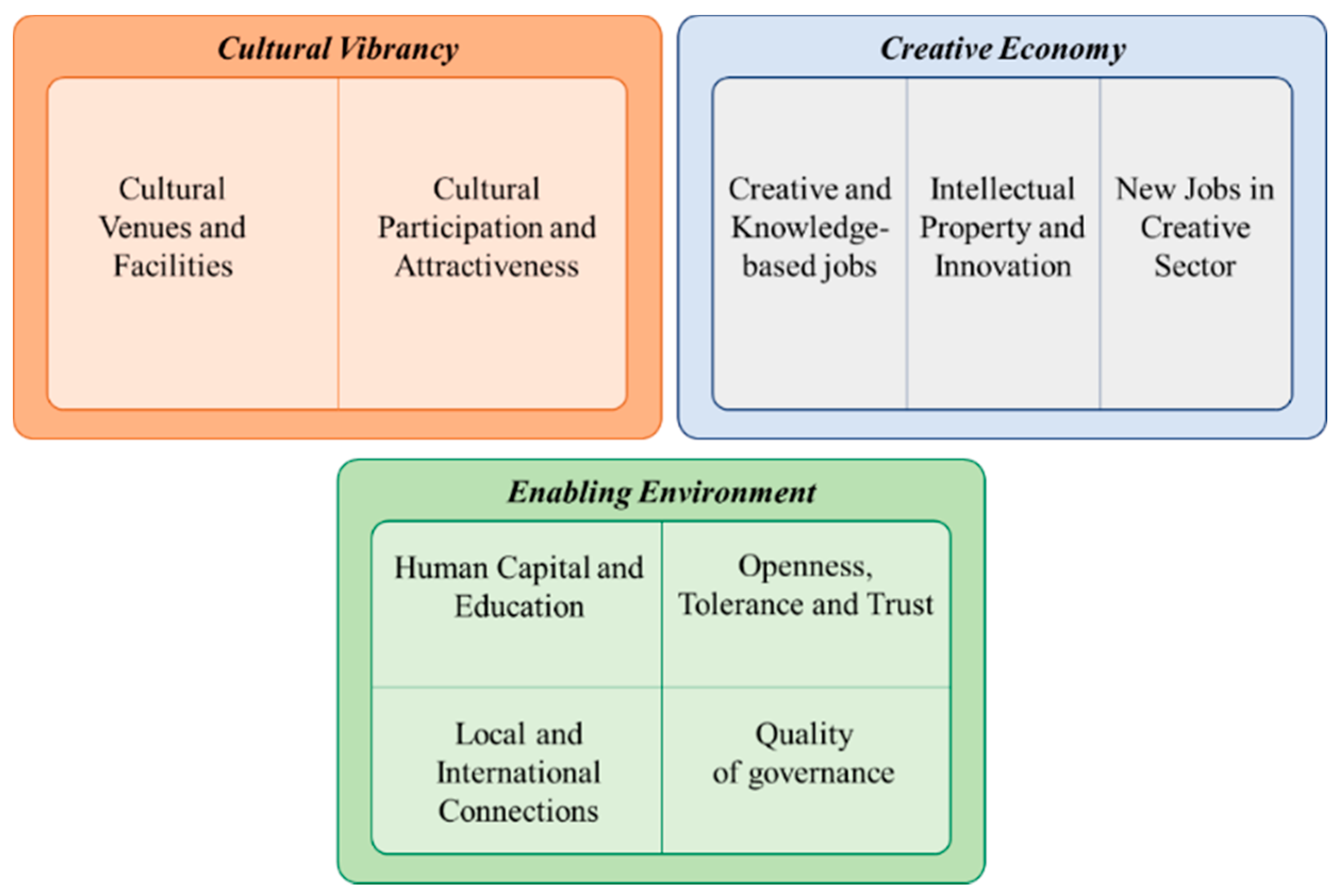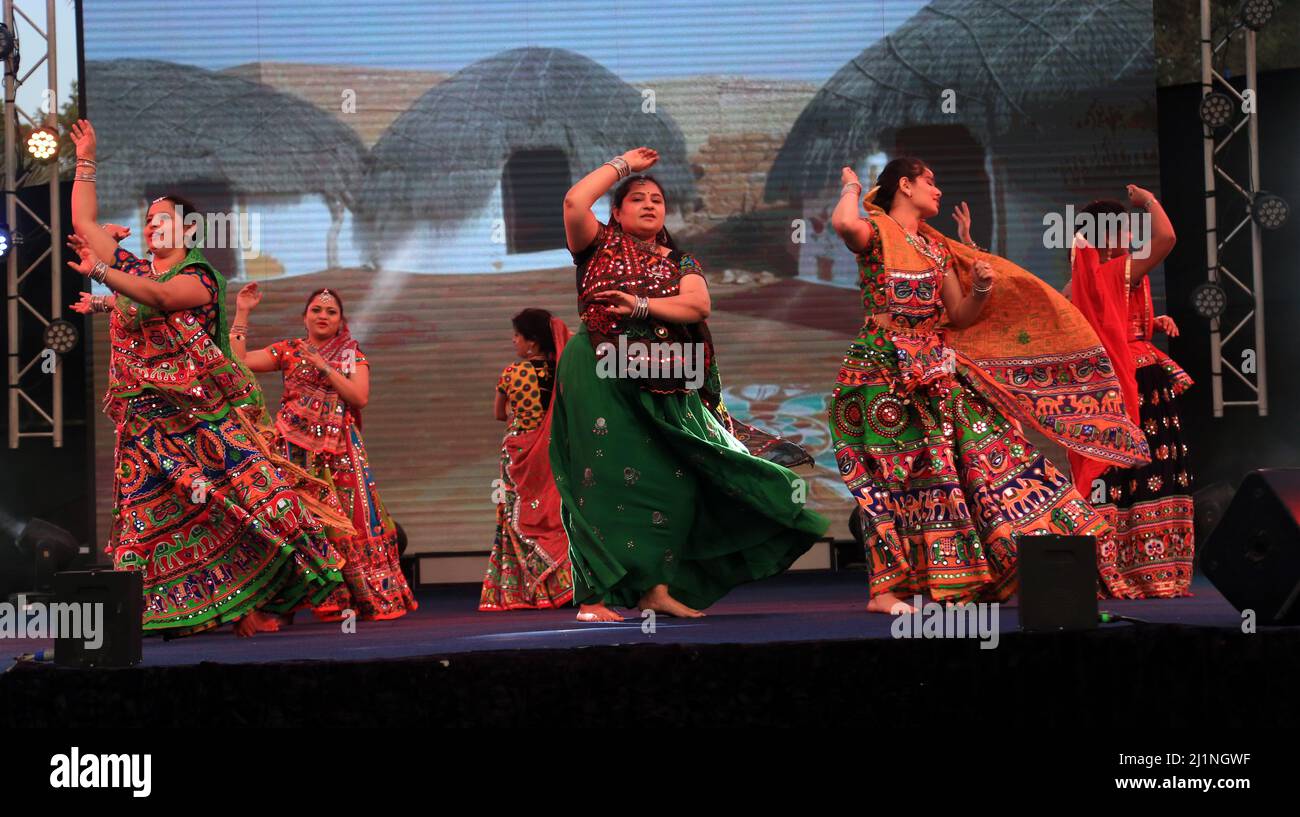What is a festival? A festival is not merely a gathering of people but a celebration of culture, tradition, and community. It encompasses many activities, such as music, dance, food, and rituals that unite people in joy and unity. Festivals hold deep significance in various cultures worldwide, marking essential milestones, honoring deities, or simply reveling in the beauty of life. These vibrant events create a tapestry of memories and connections that weave individuals into a larger social fabric. Join us as we delve into the enchanting world of festivals, unpacking the magic and meaning behind these cherished celebrations.

It’s always Bichota Season when you channel your inner @karolg ❤️🔥
Unlock these rewards and more through the Premium Festival Pass Reward Track! pic.twitter.com/3W7eBMJQjE
— Fortnite Festival (@FNFestival) August 17, 2024
Introduction to Festivals
Festivals are vibrant celebrations that bring communities together to commemorate cultural, religious, or seasonal events. They showcase a blend of traditions, art, music, and food. These events honor heritage, express joy, and foster a sense of belonging among participants.
The Significance of Festivals
What is a festival? Festivals hold profound cultural significance, reflecting a society’s values and beliefs. They often mark historical milestones or pay homage to deities, emphasizing shared identities and promoting unity within a community.
Participating in festivals can foster a sense of community cohesion, create lasting memories, and strengthen social bonds among attendees.
Diverse Nature of Festivals
Festivals vary widely across the globe. They encompass religious celebrations like Diwali in India or Christmas in the Western world, alongside cultural festivals such as Oktoberfest in Germany or Carnival in Brazil.
- Specific festivals may focus on music and dance performances
- Others highlight traditional crafts and local cuisine
- Some revolve around seasonal changes, like harvest festivals

History of Festivals
Festivals have been an integral part of human culture and society for centuries, dating back to ancient times. These significant celebratory events enrich communities with traditions, rituals, and a sense of togetherness. The history of festivals reflects diverse cultural practices and beliefs that have evolved.
Ancient Roots
Many festivals have their origins in ancient religious practices and seasonal changes. For example, harvest festivals were celebrated to give thanks for a successful harvest and to pray for abundance in the future. These gatherings often included feasting, dancing, and music to honor deities associated with agriculture.
Evolution through Time
As societies progressed, festivals evolved to incorporate new customs and influences. Cultural exchanges between regions led to the blending of traditions, creating diverse and colorful celebrations. The modern-day interpretation of festivals combines elements of old and new, preserving heritage while embracing innovation.
Cultural Significance of Festivals
Festivals hold immense cultural significance. They reflect a community’s values, beliefs, and traditions and play a pivotal role in preserving heritage and promoting unity among diverse groups.
The Celebration of Diversity
One key aspect of festivals is the celebration of diversity within a society, emphasizing the unique cultural identities of the community.
This diversity is showcased through various art forms, culinary delights, traditional attire, music, and customs.
Fostering Social Cohesion
Festivals foster social cohesion by bringing people together in joyous celebrations and transcending barriers of religion, ethnicity, and socioeconomic status.
These gatherings promote a sense of belonging and solidarity among individuals, contributing to a harmonious society.

Types of Festivals
Festivals come in various shapes and forms, each with unique significance and cultural importance. Understanding the different types of festivals can give us a deeper insight into the diversity of celebrations worldwide and enrich our cultural experiences.
Cultural Festivals
Cultural festivals celebrate a specific group of people’s heritage, traditions, and customs. They often showcase traditional music, dance, art, and cuisine, offering a glimpse into a community’s rich cultural tapestry.
Participants often dress in traditional attire, and the festival venues are adorned with symbolic decorations that reflect the community’s cultural identity. Year-round celebrations bring people together to honor their shared history and values.
Religious Festivals
Religious festivals hold deep spiritual significance and are observed by followers of various faiths worldwide. These festivals mark important religious events, such as holy days, ceremonies, or commemorations of revered figures.
- Holi – The festival of colors celebrated by Hindus in spring.
- Diwali – The festival of lights celebrated by Hindus, Sikhs, and Jains.
- Eid al-Fitr – The Islamic festival marking the end of Ramadan.
Popular Festivals Around the World
Every year, the world comes alive with many vibrant and diverse festivals, each offering a unique glimpse into the culture and traditions of different societies. From colorful parades to traditional rituals, festivals unite people in celebration and unity.
Oktoberfest, Germany
Originating in Munich, Oktoberfest is one of the world’s largest beer festivals, attracting millions of visitors each year. Steins of beer, lively music, and traditional Bavarian attire are hallmarks of this famous event.
Día de los Muertos, Mexico
Also known as the Day of the Dead, this Mexican festival honors deceased loved ones with colorful altars, marigold flowers, and sugar skulls. Families gather to pay respects and celebrate the lives of those who have passed on.
Impact of Festivals on Communities
Festivals play a crucial role in fostering community spirit and togetherness. These events unite people, transcending cultural and social barriers and creating a sense of belonging and unity among community members. They provide a platform for individuals to showcase their talents, traditions, and values, thereby preserving cultural heritage for future generations. Festivals also stimulate local economies by attracting tourists, boosting businesses, and generating revenue for the community.
Enhanced Social Cohesion
Festival participation strengthens community social bonds, promoting cooperation and mutual understanding among residents. Shared experiences and celebrations foster a sense of solidarity and camaraderie, enriching the community’s social fabric. This increased solidarity can have lasting positive effects on social relations and interactions.
Cultural Exchange and Diversity
Communities can celebrate diversity through festivals and embrace different cultural practices, languages, and customs. These events promote cultural exchange, encourage dialogue between diverse groups, and facilitate sharing traditions and experiences. Embracing diversity contributes to a more inclusive and harmonious community.
- Encourages cross-cultural understanding
- Promotes respect for different traditions
- Strengthens cultural identity
Evolution of Festivals
Festivals have evolved over time, reflecting societies’ changing traditions, beliefs, and values. From ancient rituals to modern-day celebrations, festivals bring communities together and preserve cultural heritage.
Ancient Origins
Many festivals have roots in ancient religious practices. They mark important agricultural events or honor deities. These celebrations often involve elaborate ceremonies and rituals to ensure prosperity and protection.
As societies evolved, so did the festivals, incorporating new elements while maintaining traditional customs. For example, the May Day celebrations have pagan origins but are now often associated with labor rights and spring festivals.
Modern-Day Festivals
Today, festivals have transformed into large-scale events that attract tourists and participants worldwide. These celebrations showcase traditional and contemporary elements, offering a vibrant cultural experience. The globalization of festivals has led to the exchange of ideas and practices across borders, enriching the diversity of festival experiences.
- Cultural Festivals: Celebrating the unique traditions and heritage of a community.
- Music Festivals: Showcasing a diverse range of musical talents and genres.
- Food Festivals: Highlighting local cuisine and culinary traditions.
Frequently Asked Questions
- What is a festival?
- A festival is a special event or occasion typically celebrated by a community or group. It is marked by feasting, revelry, and often ceremonies or cultural performances.
- What is the significance of festivals?
- Festivals hold cultural, religious, or social significance as they unite people, reinforce traditions, celebrate heritage, mark important moments or seasons, and provide a sense of community and belonging.
- How are festivals different from regular events?
- Festivals are usually larger in scale, have cultural or traditional themes, and often involve multiple activities, performances, and special customs unique to that celebration.
- What are some examples of festivals around the world?
- Examples of festivals include Diwali in India, Oktoberfest in Germany, Carnival in Brazil, Chinese New Year celebrations, Thanksgiving in the U.S., and many more that reflect different regions’ diverse cultures and traditions.
- How do festivals contribute to society?
- Festivals contribute to society by promoting cultural awareness, fostering community spirit, boosting local economies through tourism and sales, preserving traditions, and providing opportunities for artists and performers to showcase their talents.
Unveiling the Essence of Festivals
In conclusion, “What is a festival?” goes beyond a mere gathering; it encapsulates the essence of human connection, cultural richness, and shared experiences. Festivals serve as vivid expressions of traditions, values, and beliefs, fostering community unity and joy. As we unraveled the magic and meaning behind celebrations, we discovered that festivals are not just events but reflections of our collective spirit and heritage. These vibrant occasions remind us of the beauty in diversity and the power of coming together to celebrate life. So, next time you attend a festival, remember it is a tapestry of stories, emotions, and memories woven to create unforgettable moments.